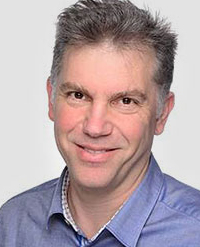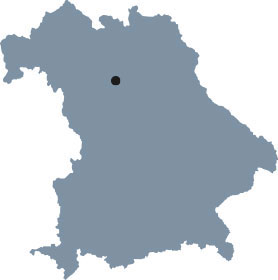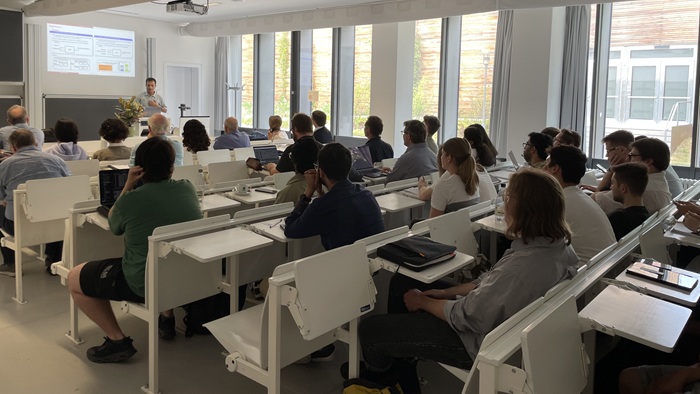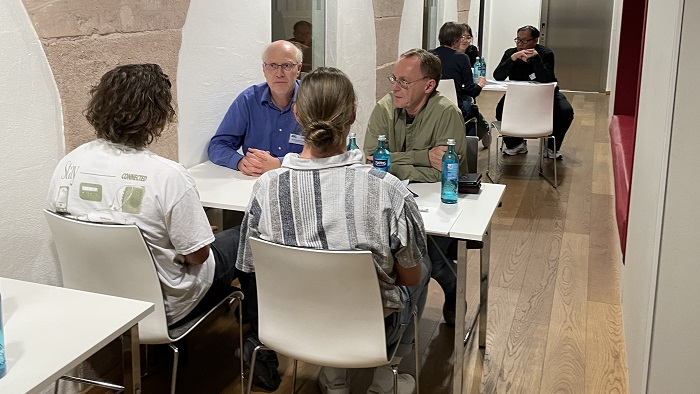Advanced Signal Processing and Communications Engineering (ASC)
In future, society will face significant challenges considering energy supply and ageing populations while digitalisation will continue to progress into all areas of life. Developing a society based on knowledge and innovation is essential to achieving economic competitiveness and sustainable development. The purpose of ASC is to make a decisive contribution towards this objective by providing individualized training to particularly outstanding students.
| Degree | Master of Science |
| Duration of study | Four semesters |
| Place of study | Erlangen |
| Admission requirements | Bachelor’s degree in electrical engineering, communications engineering, computer science or closely related disciplines |
| Language of instruction | English |
| Head | Prof. Dr.-Ing. Wolfgang Gerstacker |
| Coordinator | Lena Borke-Weber Contact the coordinator |
| Further information | Website Advanced Signal Processing and Communications Engineering |
Shaping digital transition
The ASC Elite Graduate Program ensures that graduates have an advanced level of personal development, in-depth knowledge of communication and multimedia technology, are able to employ well-structured academic work methods and have the core skills that will ensure they can be considered as the ‘brightest minds’ and ‘high potentials’ who merit appointment to executive posts in business and science. ASC graduates will advance technological progress as disseminators in leadership positions with managerial responsibility in business and science and contribute sustainably towards societal prosperity. Furthermore, the qualification provided by the ASC Elite Graduate Program constitutes an outstanding starting point for acquiring a subsequent doctorate in the shortest time possible.
Cyber physical systems will play a central role in the worlds of business and everyday life. Their task will be to log, evaluate and communicate information collected from the environment, in particular multimedia content. Data needs to be protected against interference and eavesdropping to enable the transfer and distribution of even greater amounts of information. Massive multi-antenna technology and the latest progress in wireless communication are used for this purpose and subject to extensive research. Data evaluation will be fully automated by means of advanced machine learning algorithms. Students participating in the ASC Elite Graduate Program play an active role in all these future-orientated fields of research.
Intensive and personalized supervision is considered decisive to the success of high potential students and this is therefore an intrinsic part of the degree program.Each ASC student is assigned an individual mentor from the ASC teaching body as personal contact partner for the entire duration of the degree program to ensure the greatest quality possible of education and training. All courses are given by internationally recognized tenured faculty, including five IEEE Fellows and recipients of numerous other national and international awards. Students will be enabled to present their research results at internationally recognized symposiums.
Digital engineers in Germany will exert a decisive influence on the ongoing rapid pace of technological progress and the high rate of innovation in information and communications technology and its applications, in particular with regard to the emerging fifth generation (5G) of mobile communications systems and the Internet of Things.


In this research-oriented degree program, the focus is on individualized student support. In close cooperation with professors core competencies in the areas of information technology and machine learning are acquired.
Prof. Dr. Ralf Müller




